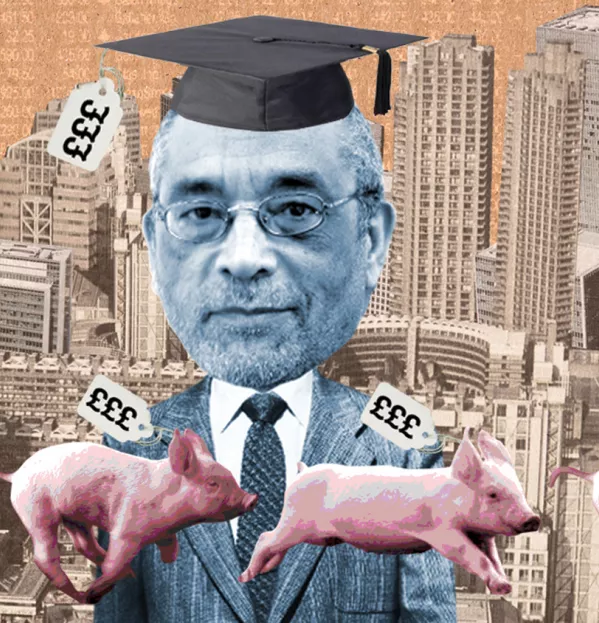For the past decade or more, we little piggies in FE have been led further and further down the path to market. FE providers have been the guinea pigs in an experiment, pushed by successive governments into acting more and more like private enterprises competing for business.
The results for FE have not been great. Not many colleges have enjoyed roast beef; the majority have had none. Greater competition has often led to falling income, course closures and fewer, not greater, choices for our customers, the students.
If education is a marketplace, it’s a weird one. For a start, suppliers don’t compete on price, since quality is by far the most important consideration. Most educational customers would rather pay a premium to go to a top-quality institution than pay less for one perceived to be of lower quality. Lowering prices, far from attracting customers, usually puts them off, as it’s seen as a signal of poor quality.
Selecting the right school, college or university is a potentially life-changing decision, in a way that most consumer decisions aren’t. If you make a mistake buying most things, you can put it right fairly quickly and with little lasting damage. If you make a mistake with education, it’s often a nightmare to get back on track, and the effects of a poor choice are often very long term. So quality, not price, is king.
In a free market, customer demand drives choice and value. But the wants and needs of consumers of education often have little to do with what local suppliers offer. In different areas, history and politics dictate different patterns of provision. In one area, it’s all schools with sixth forms; in another, it’s 11-16 schools and sixth-form colleges. In one city, there are plenty of high-quality church schools; in another, an abundance of private schools. In one town, there’s a big successful FE college; next door, a struggling little FE college, only just holding its own.
So education is a market in which the usual rules of supply and demand don’t apply, in which price doesn’t signal value, and in which customer need is often only loosely reflected in what suppliers provide. It’s an Alice In Wonderland market where the government acts like the Red Queen, shouting “Off with their heads!” when anything goes wrong - which it does.
Perhaps the lesson is that the market model simply isn’t the right template for something as unique and important as education, something that is so vital to our individual, social and economic wellbeing. Yes, further and higher education should have strong links to the realities of the market; but that certainly doesn’t mean colleges and universities should act like free marketeers, or be organised as if they are commercial entities.
I, for one, have a lot of sympathy with the little piggy that didn’t like what they saw when they went to market, and cried “wee wee wee” all the way home.
Andy Forbes is principal and CEO of the College of Haringey, Enfield and North East London
